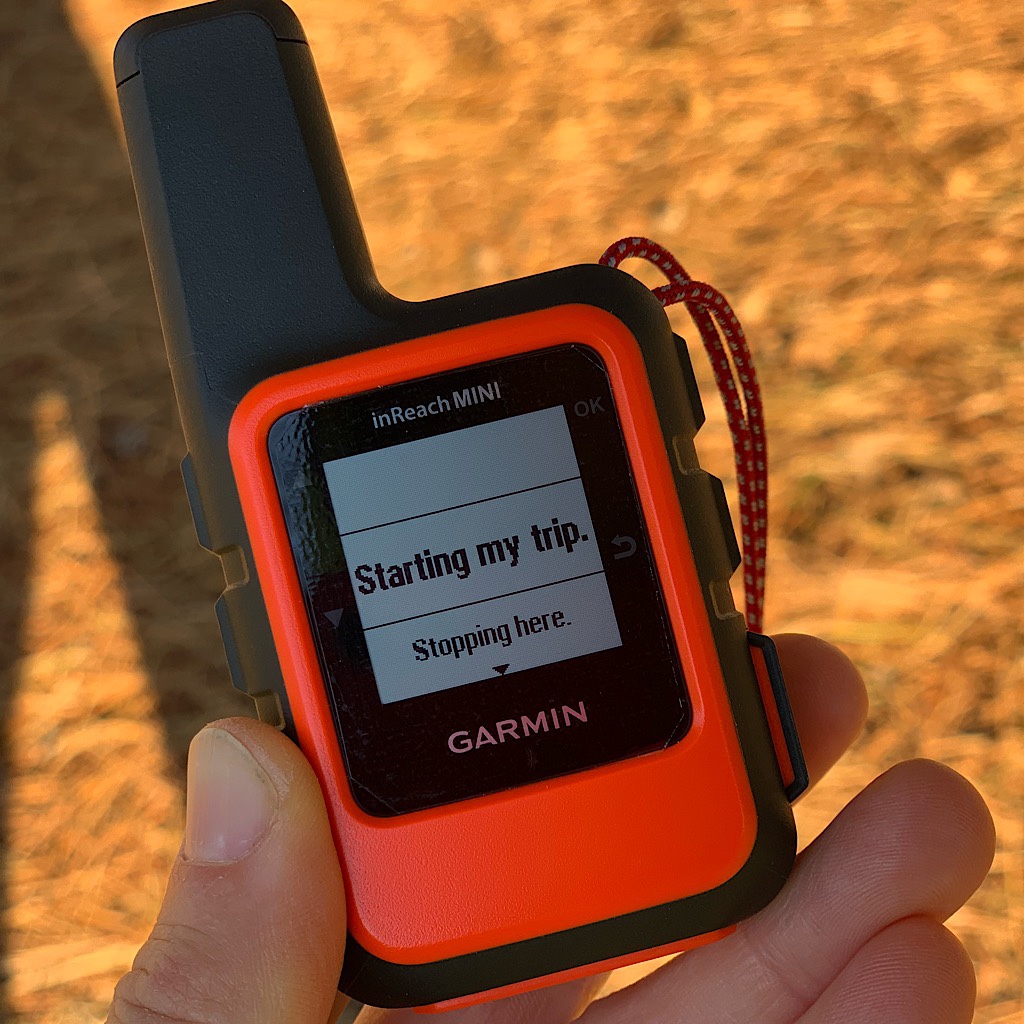
Yesterday afternoon, I gave the From Adventure to Advent talk to a group in Richfield, Minnesota. After hearing how I walk solo and need that time to reconnect to myself and the spirit, a woman in the audience shared a personal story. She told us that she lost her husband when she was my age and was deeply lonely. In fact, she thought she would never be happy again.
At the time, she was living in Grand Marais, a city on Lake Superior’s North Shore where I thru-hiked last summer. A friend had planned a day hike with her, but when she prepared to go, her friend suddenly dropped out. Faced with being alone and not entirely sure what lay ahead, she chose to go anyway even when it felt scary.
What happened was something wondrous. That walk became the first steps into the rest of her life. Just the act of her body taking up a new and unfamiliar space opened up the possibility of self reliance, feeling safe and accessing joy again. When she arrived at the overlook high above the lake, the word she used to describe the moment was “exalted.”
becoming grounded
People often ask me why I hike alone. It’s for many of the same reasons – to get grounded, to engage more deeply with the world around me and to do so at my own pace. When I backpack, I carry on a two-way conversation with the spirit. I call her “the goddess” who is, more than likely, the wiser part of myself. Still, I can hardly wait to get on trail again so we can pick up where we left off.
Being alone may seem dangerous or unconventional, and yet solitude in the wilderness has long been an ancient form of ceremonial initiation. Think of time spent in the wilderness by Moses and Jesus or the rite of passage of a vision quest. The practice forces a person to face their fear (and often temptations) as well as loneliness without outside help, ultimately leading to a discovery of inner strength and a sense of true identity.
In his classic study, The World of Silence, Max Picard describes the quiet we experience when alone as “an autonomous phenomenon [which is] not simply what happens when we stop talking [but] an independent whole, subsisting in and through itself.” When we remove the noise of life – the literal and the figurative – we can “hear” better and get closer to that exalted feeling the woman at my talk described yesterday.
taking risks
Another phenomenon takes place when we’re alone in a natural setting: the level of risk rises. There’s no one to talk over plans with, no one to hold us back from plunging into a rushing river or making any number of bad choices, no one to unload bear spray when we’re being charged.
The smartest thing we can do before heading into a solitary experience is to properly prepare and develop a sense of presence in our space. That means making plans before we head out, including packing an insurance policy like the Ten Essentials, deciding what sorts of conditions will cause us to turn around and to stick with a plan to do so, and to use the most powerful bit of gear all of us are born with – our brains.
And, for the love of everything sacred, tell someone where you are going and when to expect your return. This is one of the simplest acts you can take to ensure your safety.
the ecstatic experience
All this being said, you could never call me a risk-taker even if some say I’m “brave and courageous.” I am far more calculated about how much danger I want to expose myself to. For instance, on the Wind River High Route, I went with a trio of tough girls; in gale-force winds on Waiau Pass on Te Araroa, I linked up with fellow hikers; and when looking for a route through heavy mist in Scotland, I was happy to hook up with another bog trotter.
Still, aloneness in a vast space has the ability to induce a feeling that’s totally unique to us humans within all of the animal kingdom: awe. It’s what Emily Dickson demands our soul should stand ajar for – the ecstatic experience. And if getting there requires building skills, taking calculated risks and facing down loneliness and fear, it’s well worth it.

